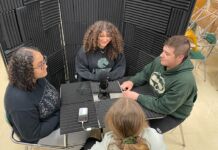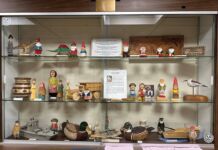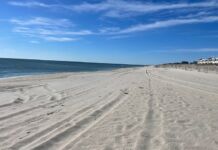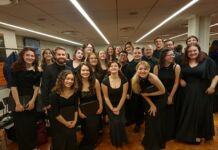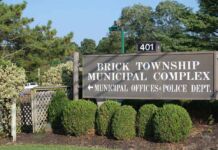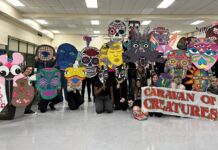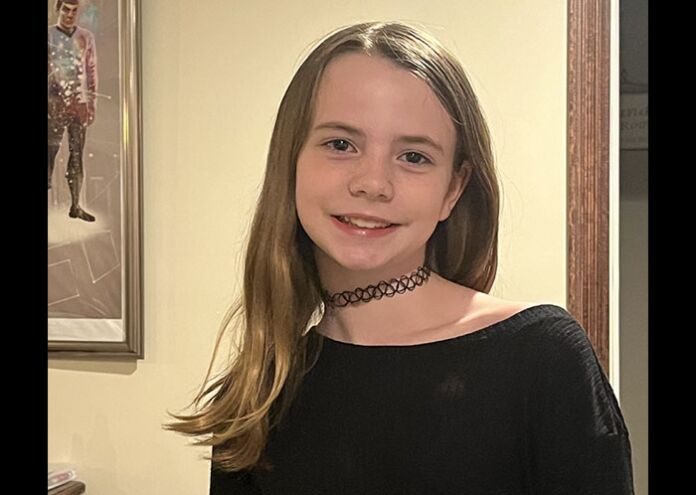
BRICK – A local student was one of 45 kids selected as a semi-finalist of a national competition hosted by NASA.
The “Power to Explore Challenge” required students to submit a 200-word essay on how they would use Radioisotope Power Systems (RPS) to succeed in their own science mission. RPS is a type of “nuclear battery” that NASA uses to explore the solar system and more.
Sofia Chiaravalle, a 4th grade student at Midstreams Elementary School, wrote about her idea titled “Project Cousteau.” Project Cousteau would be a rover that would investigate the depths of oceans on Europa, which is the smallest of the four Galilean moons orbiting Jupiter
In her essay, Sofia asked: Is there any existence on Europa? Is there an ocean underneath the ice? How frigid is the water? Can you breathe on Europa?
Sofia went on to explain that the rover would collect samples, take pictures of any species, and record temperatures of the environment.
When asked what excited her the most about NASA’s RPS, Sofia expressed her eagerness to learn more about the planets within the solar system.
“I love space and writing so I started working on my entry right away. What I’m most excited about NASA’s RPS probes is that they allow us to learn more about all the planets in the solar system and they may help find life on Europa like in my essay,” Sofia said.
After being named a semi-finalist and recognized by NASA, Sofia said, “I was watching the video when they announced the semi-finalist on the screen at school, I was very excited and screamed in joy when my name popped up!”
Sofia expressed that when she grows up, she would love to be a veterinarian and have the opportunity to work at NASA.
“I do enjoy astronomy and learned the basics from my dad. We visited the planetarium at the college a few times and I’m always asking questions. When I grow up, I would love to become a veterinarian and work at NASA where I can help a create a habitat on Mars. Maybe I can go there someday!” Sofia said.
“I’m so proud of Sofia!” Sofia’s father Dennis said. “She took days to research everything she could on Europa, Jupiter, and RPS probes. It took her a long time to make it under 200 words, the original report was over 20 pages. Being able to see her learn about Europa and discovering that there might be life somewhere else in the solar system was a great joy.”
“We were thrilled when she was recognized! Sofia is very smart and she worked really hard on this project. I can’t wait to see what else she will accomplish,” Dennis added.

